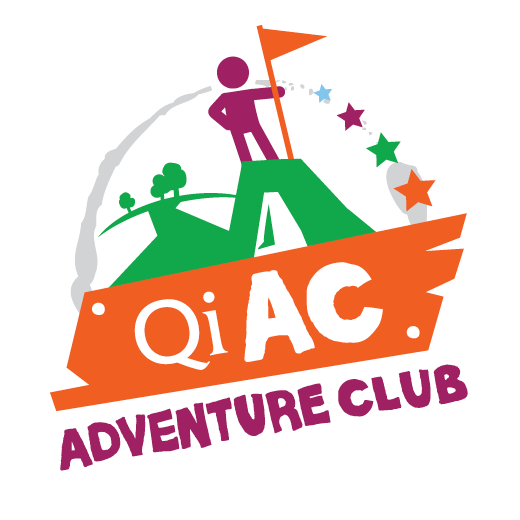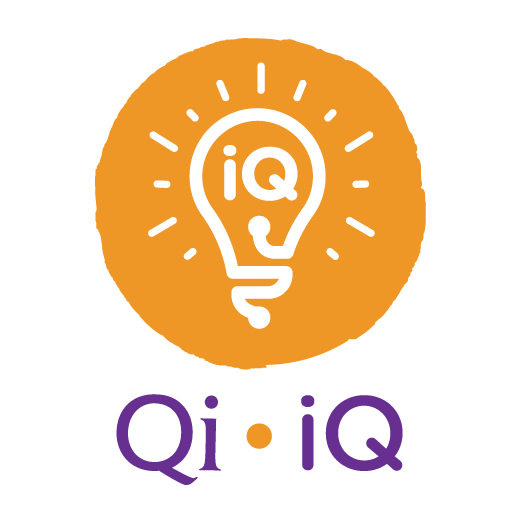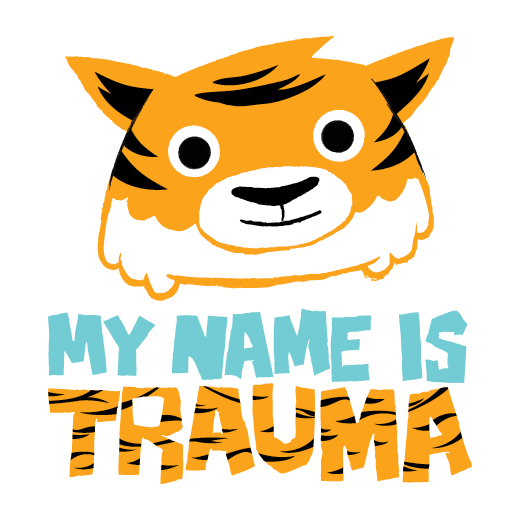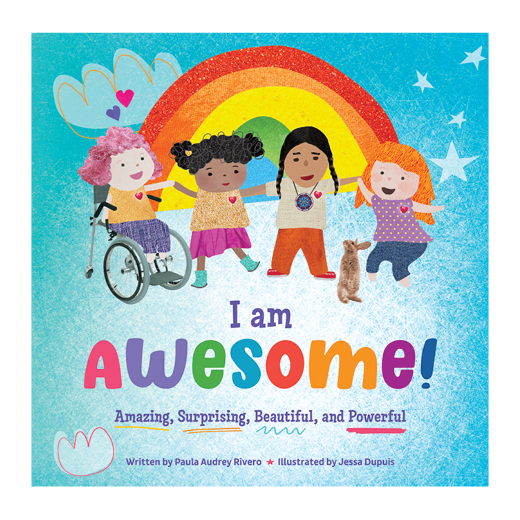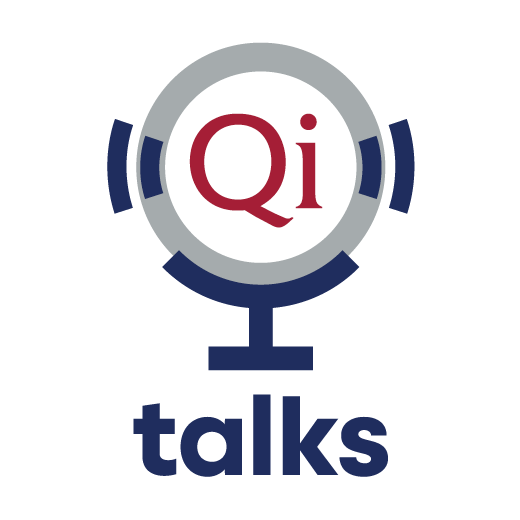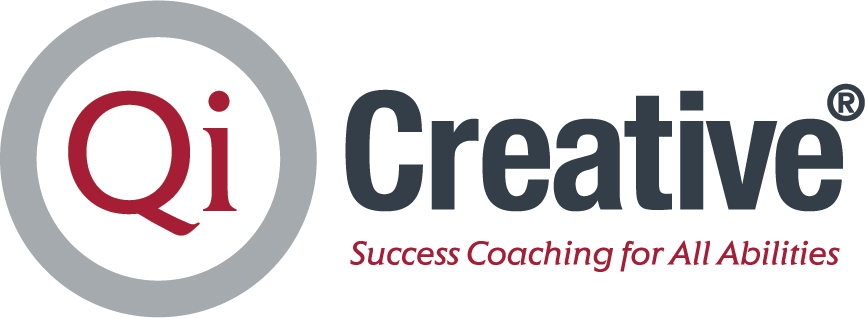9 Disability Blogs and Bloggers Worth Reading
The internet offers us the ability to connect with individuals around the world who are going through similar life experiences. There are some incredible disability bloggers online today who help to educate and inform the world about their experiences.
Keep reading as we share some great disability bloggers, whether they are academics, professionals, parents and more, all of whom are amazing advocates for their communities.
About “Functional Play”
Julia Bascom is an autistic writer and self-advocate who shares her stories via her blog called Just Stimming. The Talk is another great article, covering how Julia navigates explaining and discussing her disability with others.
Her articles fall under a wide variety of categories, with resources for those with autism or who are looking to learn more about living with someone with autism. She gives us insight into her mind and how living with autism impacts her daily life and relationships.
She currently serves as Executive Director for the Autistic Self Advocacy Network, and sits on the advisory board of Felicity House and the boards of the Consortium for Citizens with Disabilities, the Institute for Exceptional Care, and Allies For Independence.
When Disability Is Defined by Behavior, Outcome Measures Should Not Promote “Passing”
A 2021 publication within the AMA Journal of Ethics by Ari Ne’eman, a disability rights activitist, co-founder of the Autistic Self Advocacy Network in 2006, and PhD candidate in Health Policy at Harvard University.
While not exactly a ‘blog’, we thought the subject matter is worth sharing. As the title states, Ne’eman discusses the concept of “passing”, whereby disabled people outwardly perform in ways that are conventional to non-disabled people—and how measuring ‘passing’ is not an effective, nor ethical, indicator of behavior or success.
Ableism in Speech-Language Pathology—It is Not Just Autism
As an autistic Speech-Language Pathologist, Rachel Dorsey offers her thoughts online via her blog. She shares topics for readers of all ages, such as Goal Writing for Autistic Students.
Rachel knows that while she has spent many years in education and training, nothing can compare to the knowledge she has gained living as an autistic person. Rachel has spent her whole life learning from the community and loves sharing her story online for others to learn from.
By using her personal experiences and sharing them in her blog, she hopes to help you understand what your child, loved one, or client might be going through.
She offers professional consultations and parent coaching in ways that aim to be neurodivergent friendly. Also check out: What “Strengths-Based” Really Means, From an Autistic Clinician
5 Things Every Parent With ADHD Needs To Hear
We hear a lot about parenting children with ADHD, but what about when parents have ADHD?
Dusty Chipura is an AACC certified ADHD Coach based in Vancouver, working with clients in British Columbia and worldwide. Dusty is passionate about helping others understand and master their ADHD, with blogs, videos, tweets and more about managing your own ADHD in daily life, and throughout pregnancy and postpartum.
Disbelieving What You Cannot See: A Reading List on Ableism and ‘Invisible’ Disability
A.H. Reaume is a disabled writer and feminist activist with an MA in Canadian Literature. She shares her experiences with ableism after a head injury at 32, and the cruel ways invisible disabilities are subject to ableism, from loved ones mocking personal boundaries, to being accused of faking disability.
“a close family member spread a rumor that I was faking the severity of my injury for attention, even when things as simple as taking a shower forced me to lie down for up to an hour afterward to rest.”
- A.H. Reaume (image by Unsplash)
Reaume’s writings are accompanied by additional stories by Zipporah Arielle, Joanne Limburg, Sejal A. Shah, Derecka Purnell, Khairani Barokka, Kathryn Bromwich, and Mia Mingus.
Brainless Blogger
Nikki Albert, self-titled in her work as the Brainless Blogger, shares research articles and news about chronic illness, chronic pain, and invisible disabilities.
She challenges her readers to change their assumptions about how disabled individuals look by informing them about conditions such as fibromyalgia. As the Brainless Blogger, she offers regular updates about these conditions and thought-provoking articles such as this one about your 2022 resolutions.
Brainless Blogger is named after the infamous brain fog, which she and many other people with chronic illnesses experience. For keen readers and shoppers, you’ll also appreciate Nikki’s book reviews and product reviews.
Mom Behind the Label
For parents of disabled children, finding a like-minded community is a great way to receive support. Andrea Haefele writes as the Mom Behind the Label and focuses on representation in the media, advocacy, and parenting.
Andrea strives to break down labels and regularly interviews other people to learn more about their stories and lived experiences. One thing that really stands out on her blog is the fun DIY projects she shares, offering new and innovative ways to improve her daughter’s life. Lessons from a Big Sister offers a glimpse into growing up with a sibling with disabilities.
Mother of Bones
Another mom who’s taken to the internet to share their child’s story is Jennifer of Mother of Bones. Her son has a rare medical condition, and Jennifer shares her stories of the parenting challenges she faces. Her wit comes out in every post, and Jennifer takes the time to reflect on past mistakes she’s made in order to help her audience, including learning disability culture and language. I Cleaned My Living Room Today will offer an introduction to her writing style.
The definitive guide to disability inclusion in the workplace
This guide is based on UK statistics, policies and surveys, but the findings are relevant to many. Explore laws in place to protect disabled people, the disability employment gap, practical steps to support disabled employees, and how to build a more inclusive culture in the workplace.
Get Reading!
There are so many incredible disability bloggers online today who will help you to feel less alone on the journey you are on. Whether you have a disability yourself or are looking for more information about a loved one’s condition, the internet will offer you a wealth of resources to further your education, or jump in with a social group or personal coaching.
Finding a community is so important in our lives, and the internet offers us endless possibilities to connect with like-minded individuals. Disability bloggers may also be content creators in other areas, including videos, tweets, and Instagram posts. Take the time to explore and get reading!
WOOSH!
